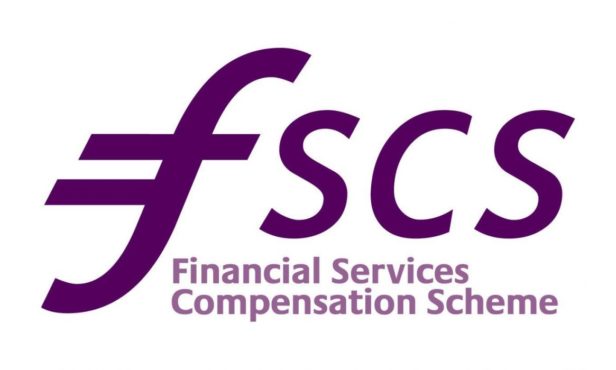The Financial Services Compensation Scheme (FSCS) has upped levy costs by £92m in order to fund compensation claims in the next financial year.
The £92m is more than the annual maximum the compensation scheme can raise from life and pensions intermediaries.
As a result, it will be sourcing £8m from the LDII class and £33m from surpluses across other classes.

PIMFA: Rising PII premiums present threat to advice industry
Mortgage brokers will have to supply £2m and mortgage lenders, £1m.
The majority of funds (£51m) will come from other classes, including the retail pool.
This is a separate pot that all classes are required to pay into, where they have not reached their annual maximum, and it is only used when one class exceeds its annual levy limit.
The FSCS attributed the increase to many smaller failures, such as discretionary manager Greyfriars Asset Management and Sipp provider Pointon York.
It also outlined that the rising levy was due to more compensation pay-outs to customers resulting from the “complex failure” of mini-bond firm London Capital and Finance.
The total cost of running the FSCS and paying claims is predicted to reach £83.2m.
The increase is primarily due to overall anticipated claims volumes being 38% higher than budgeted, with around 10,200 more claims than had been expected due to LCF pay-outs.
According to the FSCS, it has paid out more than £38.1m in compensation to LCF customers.
Despite rising volume-related costs the FSCS has reduced expenditures, which has resulted in like-for-like claims handling costs reducing by 8% in 2019/20.
Caroline Rainbird, chief executive of the FSCS, said: “I appreciate that the supplementary levy will be unwelcome news for firms against a challenging economic backdrop, and I genuinely understand the difficulty this will cause.
“We only raise a supplementary levy when we absolutely have to, when we estimate that we will not have sufficient funds to meet rising compensation costs or management expenses for the period until the next levy is due.
“Whilst we share the industry’s concerns about rising compensation costs and increasing levies, we firmly believe there is no silver bullet and regulation alone will not solve this complex problem.
“Education of consumers plays a key role so that they are empowered to make informed financial decisions that are right for them.
“Our commitment to continuously innovate in our ways of working to keep our management costs as low as possible, making recoveries wherever we can and if cost-effective is also vitally important.
“And last but not least, collaboration and data sharing with our regulatory and industry stakeholders is crucial to help prevent future failures.
“Only by the regulators, industry and FSCS all working together effectively will we be able to address these problems, deliver better outcomes for consumers and reduce future levy bills.
“That is why we also call for the industry to help support us by calling out bad actors and scams.
“It is still too soon to know the full effects of COVID-19 on the industry, but we must all be prepared for a challenging period in 2021.
“I want to reassure everyone that FSCS is ready to handle whatever difficulties next year will bring.”

